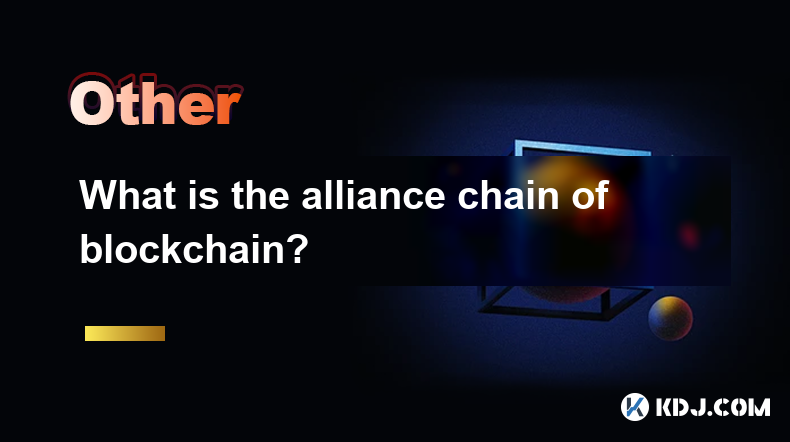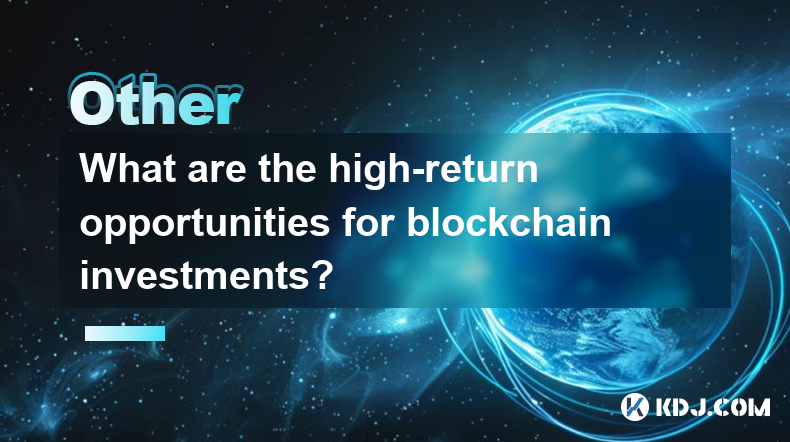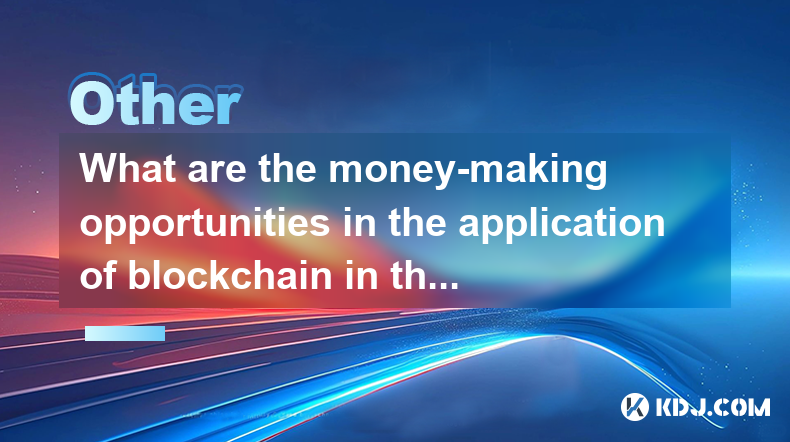-
 Bitcoin
Bitcoin $83,384.0103
-0.52% -
 Ethereum
Ethereum $1,808.8880
-0.27% -
 Tether USDt
Tether USDt $0.9996
-0.01% -
 XRP
XRP $2.1285
0.17% -
 BNB
BNB $590.6650
-1.02% -
 Solana
Solana $119.8001
-1.16% -
 USDC
USDC $1.0000
-0.01% -
 Dogecoin
Dogecoin $0.1672
-1.52% -
 Cardano
Cardano $0.6450
-2.14% -
 TRON
TRON $0.2358
-0.73% -
 UNUS SED LEO
UNUS SED LEO $9.1542
-0.44% -
 Chainlink
Chainlink $12.7548
-1.04% -
 Toncoin
Toncoin $3.2310
-2.48% -
 Stellar
Stellar $0.2517
-2.57% -
 Avalanche
Avalanche $17.3882
-4.28% -
 Shiba Inu
Shiba Inu $0.0...01223
-0.63% -
 Sui
Sui $2.1802
-2.73% -
 Hedera
Hedera $0.1601
-2.08% -
 Litecoin
Litecoin $82.2437
-2.91% -
 Polkadot
Polkadot $3.9303
-2.19% -
 MANTRA
MANTRA $6.2192
-1.01% -
 Bitcoin Cash
Bitcoin Cash $295.8200
-1.72% -
 Dai
Dai $1.0000
0.00% -
 Bitget Token
Bitget Token $4.4500
-1.78% -
 Ethena USDe
Ethena USDe $0.9991
0.00% -
 Pi
Pi $0.6522
50.32% -
 Monero
Monero $214.4466
-1.61% -
 Hyperliquid
Hyperliquid $11.5830
-3.12% -
 Uniswap
Uniswap $5.8275
-1.00% -
 OKB
OKB $54.4412
7.17%
What is the alliance chain of blockchain?
Alliance chains, like R3 Corda and Hyperledger Fabric, balance public blockchain decentralization with private blockchain control, offering secure collaboration among pre-approved organizations for projects needing high trust and transparency.
Mar 17, 2025 at 06:50 am

Key Points:
- Alliance chains are permissioned blockchains governed by a consortium of organizations.
- They offer a balance between the decentralization of public blockchains and the control of private blockchains.
- Membership is typically restricted, requiring pre-approval and adherence to established rules.
- They are well-suited for collaborative projects requiring high levels of trust and transparency among participants.
- Examples include R3 Corda and Hyperledger Fabric.
What is the Alliance Chain of Blockchain?
An alliance chain, also known as a consortium blockchain, is a type of distributed ledger technology (DLT) that operates under the governance of a group of pre-selected organizations. Unlike public blockchains like Bitcoin or Ethereum, which are open to anyone, alliance chains are permissioned, meaning participation requires approval from the governing consortium. This permissioned nature offers a blend of the decentralization benefits of public blockchains and the control afforded by private blockchains.
The core function of an alliance chain is to facilitate secure and transparent collaboration among participating organizations. Each member maintains a copy of the blockchain, ensuring data integrity and preventing single points of failure. Transactions are validated and added to the blockchain according to the rules and consensus mechanisms established by the consortium. This allows for a shared, auditable record of transactions and data, fostering trust and transparency among members.
How Does an Alliance Chain Work?
The operation of an alliance chain involves several key components:
- Consensus Mechanism: Unlike public blockchains that rely on Proof-of-Work or Proof-of-Stake, alliance chains often utilize permissioned consensus mechanisms, such as Practical Byzantine Fault Tolerance (PBFT) or Raft. These mechanisms are more efficient and require less computational power than their public counterparts, as they rely on the trusted nature of the participating nodes.
- Membership Management: The consortium establishes strict rules for membership, including application processes, vetting procedures, and ongoing compliance requirements. New members typically need approval from existing members, ensuring a controlled and trusted network.
- Transaction Validation: Transactions are validated by a subset of nodes within the network, according to the defined consensus mechanism. This process ensures that only valid and authorized transactions are added to the blockchain.
- Data Privacy: Alliance chains can incorporate features to control data access and privacy. For example, data can be encrypted or only accessible to specific members or roles within the network.
Advantages of Using an Alliance Chain:
- Enhanced Security: The permissioned nature of alliance chains enhances security by limiting access to authorized participants, reducing the risk of malicious attacks.
- Improved Scalability: The use of permissioned consensus mechanisms allows for faster transaction processing and higher throughput compared to public blockchains.
- Increased Efficiency: The controlled environment and streamlined validation process result in more efficient operations.
- Greater Transparency: The shared ledger provides a transparent record of transactions, fostering trust and accountability among participants.
- Customizability: Alliance chains can be tailored to meet the specific needs of the consortium, including custom consensus mechanisms, data privacy settings, and governance structures.
Disadvantages of Using an Alliance Chain:
- Limited Decentralization: The permissioned nature inherently reduces the level of decentralization compared to public blockchains, potentially making the network more vulnerable to collusion or censorship by the governing consortium.
- Governance Challenges: Managing a consortium of organizations can be complex, requiring careful consideration of governance structures, decision-making processes, and dispute resolution mechanisms.
- Limited Accessibility: The restricted access limits the potential for broader participation and innovation.
- Potential for Bias: The control exerted by the governing consortium can potentially lead to bias in the network's operation and decision-making processes.
Examples of Alliance Chains:
Several successful alliance chains have been deployed, each serving different industry needs.
- R3 Corda: Focuses on financial services, facilitating secure and private transactions between financial institutions.
- Hyperledger Fabric: A modular framework supporting various consensus mechanisms and privacy features, used across diverse industries.
Common Questions and Answers:
Q: What is the difference between an alliance chain and a private blockchain?
A: While both are permissioned, alliance chains involve a consortium of organizations collaboratively governing the network, while private blockchains are typically controlled by a single entity.
Q: How is security maintained on an alliance chain?
A: Security is maintained through permissioned access, robust consensus mechanisms, and cryptographic techniques to protect data integrity and confidentiality.
Q: What are the use cases for alliance chains?
A: Alliance chains are suitable for collaborative projects requiring high levels of trust and transparency among participants, such as supply chain management, healthcare data sharing, and financial transactions.
Q: Are alliance chains suitable for all applications?
A: No. The permissioned nature and governance structure make them less suitable for applications requiring high levels of decentralization and open participation.
Q: How are disputes resolved in an alliance chain?
A: Dispute resolution mechanisms are defined within the consortium's governance structure, potentially involving arbitration or other pre-agreed methods.
Q: What are the future trends in alliance chains?
A: Future trends include increased interoperability between different alliance chains, enhanced privacy features, and the integration of advanced technologies like AI and machine learning.
Disclaimer:info@kdj.com
The information provided is not trading advice. kdj.com does not assume any responsibility for any investments made based on the information provided in this article. Cryptocurrencies are highly volatile and it is highly recommended that you invest with caution after thorough research!
If you believe that the content used on this website infringes your copyright, please contact us immediately (info@kdj.com) and we will delete it promptly.
- Coinbase CEO Brian Armstrong Calls for Stablecoin Legislation to Enable On-Chain Interest
- 2025-04-06 12:10:12
- Trump's New Secondary Tariff Strategy Lacks Finesse, Involves Millions
- 2025-04-06 12:10:12
- Tether Expands Bitcoin Holdings with New Purchase of 8,888 BTC
- 2025-04-06 12:05:12
- Tether Holdings Ltd. (USDT) Buys the Dip, Acquiring 8,888 BTC
- 2025-04-06 12:05:12
- Tether Expands Bitcoin Holdings With $735M Purchase of 8,888 BTC
- 2025-04-06 12:00:12
- Solaxy (SOLX) Leads the Charge as Inflows Return to Crypto Investment Products
- 2025-04-06 12:00:12
Related knowledge

Is the ranking of Chinese blockchain apps real and reliable?
Apr 04,2025 at 09:01pm
The ranking of Chinese blockchain apps has become a topic of interest for many in the cryptocurrency community, as it provides insights into the popularity and adoption of blockchain technology within China. However, the reliability and authenticity of these rankings are often questioned. This article aims to delve into the factors that influence these ...

What are the future development trends of blockchain game development?
Apr 03,2025 at 05:00am
Blockchain technology has revolutionized various industries, and gaming is no exception. As we look to the future, several trends are set to shape the development of blockchain games. These trends not only promise to enhance the gaming experience but also to integrate blockchain technology more seamlessly into the gaming ecosystem. Let's explore these t...

What are the high-return opportunities for blockchain investments?
Apr 05,2025 at 02:35pm
Blockchain technology has revolutionized the financial world, offering numerous high-return investment opportunities. These opportunities span various sectors within the cryptocurrency ecosystem, including cryptocurrencies, decentralized finance (DeFi), non-fungible tokens (NFTs), and blockchain startups. Each of these areas presents unique risks and re...

What are the maintenance costs of blockchain system development?
Apr 03,2025 at 06:07pm
The maintenance costs of blockchain system development are multifaceted and depend on various factors. These costs can include technical maintenance, security updates, infrastructure expenses, and personnel costs. Understanding these elements is crucial for anyone planning to develop or maintain a blockchain system. Technical MaintenanceTechnical mainte...

What are the money-making models of blockchain games?
Apr 04,2025 at 02:00pm
Blockchain games have emerged as a revolutionary way for players to earn real money while enjoying their favorite pastime. These games leverage the power of blockchain technology to create unique money-making models that benefit both the players and the developers. In this article, we will explore the various money-making models of blockchain games and ...

What are the money-making opportunities in the application of blockchain in the field of Internet of Things?
Apr 05,2025 at 10:35pm
The integration of blockchain technology with the Internet of Things (IoT) presents numerous money-making opportunities. Blockchain, with its decentralized and secure nature, can revolutionize how IoT devices interact, manage data, and conduct transactions. This article will explore various avenues where entrepreneurs, developers, and investors can capi...

Is the ranking of Chinese blockchain apps real and reliable?
Apr 04,2025 at 09:01pm
The ranking of Chinese blockchain apps has become a topic of interest for many in the cryptocurrency community, as it provides insights into the popularity and adoption of blockchain technology within China. However, the reliability and authenticity of these rankings are often questioned. This article aims to delve into the factors that influence these ...

What are the future development trends of blockchain game development?
Apr 03,2025 at 05:00am
Blockchain technology has revolutionized various industries, and gaming is no exception. As we look to the future, several trends are set to shape the development of blockchain games. These trends not only promise to enhance the gaming experience but also to integrate blockchain technology more seamlessly into the gaming ecosystem. Let's explore these t...

What are the high-return opportunities for blockchain investments?
Apr 05,2025 at 02:35pm
Blockchain technology has revolutionized the financial world, offering numerous high-return investment opportunities. These opportunities span various sectors within the cryptocurrency ecosystem, including cryptocurrencies, decentralized finance (DeFi), non-fungible tokens (NFTs), and blockchain startups. Each of these areas presents unique risks and re...

What are the maintenance costs of blockchain system development?
Apr 03,2025 at 06:07pm
The maintenance costs of blockchain system development are multifaceted and depend on various factors. These costs can include technical maintenance, security updates, infrastructure expenses, and personnel costs. Understanding these elements is crucial for anyone planning to develop or maintain a blockchain system. Technical MaintenanceTechnical mainte...

What are the money-making models of blockchain games?
Apr 04,2025 at 02:00pm
Blockchain games have emerged as a revolutionary way for players to earn real money while enjoying their favorite pastime. These games leverage the power of blockchain technology to create unique money-making models that benefit both the players and the developers. In this article, we will explore the various money-making models of blockchain games and ...

What are the money-making opportunities in the application of blockchain in the field of Internet of Things?
Apr 05,2025 at 10:35pm
The integration of blockchain technology with the Internet of Things (IoT) presents numerous money-making opportunities. Blockchain, with its decentralized and secure nature, can revolutionize how IoT devices interact, manage data, and conduct transactions. This article will explore various avenues where entrepreneurs, developers, and investors can capi...
See all articles





















































































